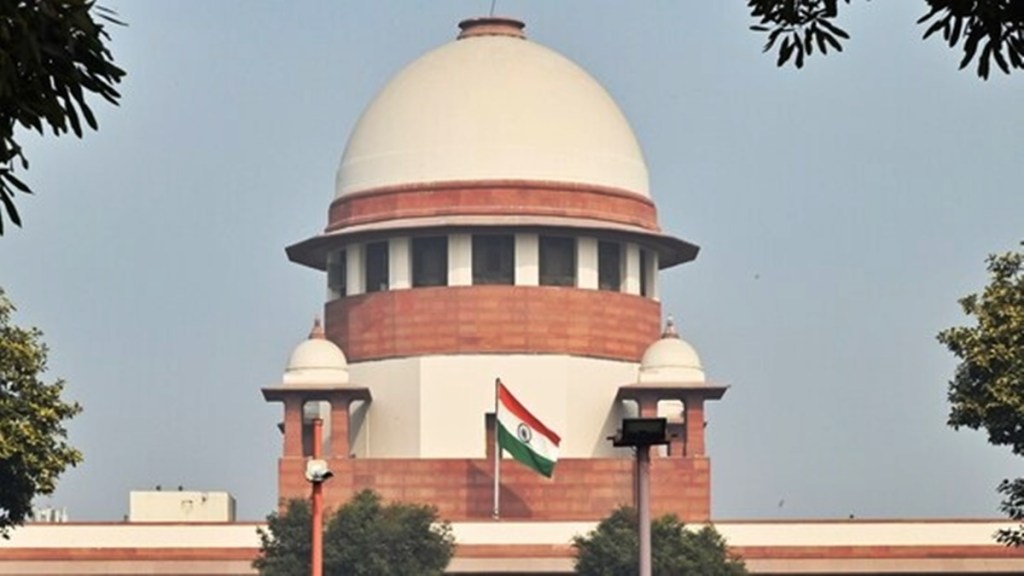Bilkis Bano rape case: The Supreme Court on Friday rejected the plea of all 11 convicts seeking more time to surrender before the jail authorities, observing that the reasons given by the convicts ‘lacked merit’ and directed them to surrender by Sunday, i.e., January 21.
The plea was heard by a division bench of Justices BV Nagarathna and Ujjal Bhuyan. The court dismissed the convicts’ reasons for seeking an extension to surrender. The convicts must now comply with the original deadline of January 21, as specified in the court’s January 8 judgment that revoked their premature release by the Gujarat government.
Also Read:Gujarat: 9 of 11 convicts in Bilkis Bano case ‘missing’, families remain silent
“We have heard learned senior counsel and counsel for the applicants and the counsel for the non-applicants also. The reasons cited by applicants to seek postponement of surrender and report back to jail have no merit, inasmuch as those reasons, in no way, prevent them from complying with our directions. Hence, the miscellaneous applications are dismissed. Pending applications, if any, also stand disposed,” the court observed, as quoted by live law.
The convicts in the case, sentenced to life imprisonment for the gang rape of Bilkis and the murder of several members of her family during the 2002 Gujarat riots, presented various reasons for seeking an extension.
Also Read: ‘Doesn’t show Gujarat govt in good light’: Petitioners hail SC verdict in Bilkis Bano case
The Supreme Court, comprising Justices BV Nagarathna and Ujjal Bhuyan, nullified Gujarat’s remission orders on January 8, overturning the early release of 11 convicts involved in the Bilkis Bano case.
The eleven convicts in question were found guilty of the gang rape of Bilkis Bano and the murder of her family members during the 2002 Gujarat riots. The convicts, serving life terms for crimes related to the 2002 Gujarat communal riots, were released prematurely in August 2022 under a 1992 remission policy.
The court deemed that the state of Gujarat lacked jurisdiction for remission, as the trial occurred in the state of Maharashtra, and gave them two weeks to the convicts to surrender.


